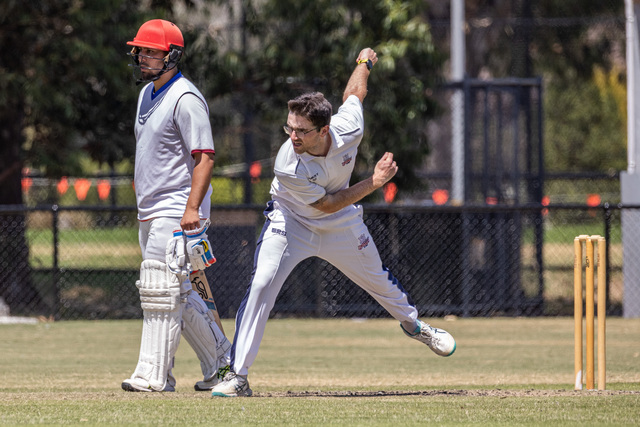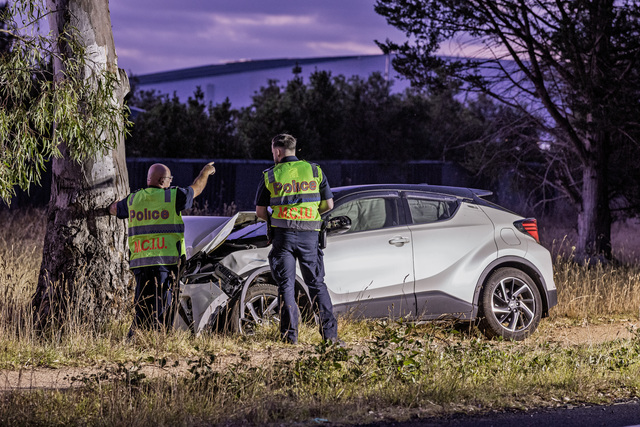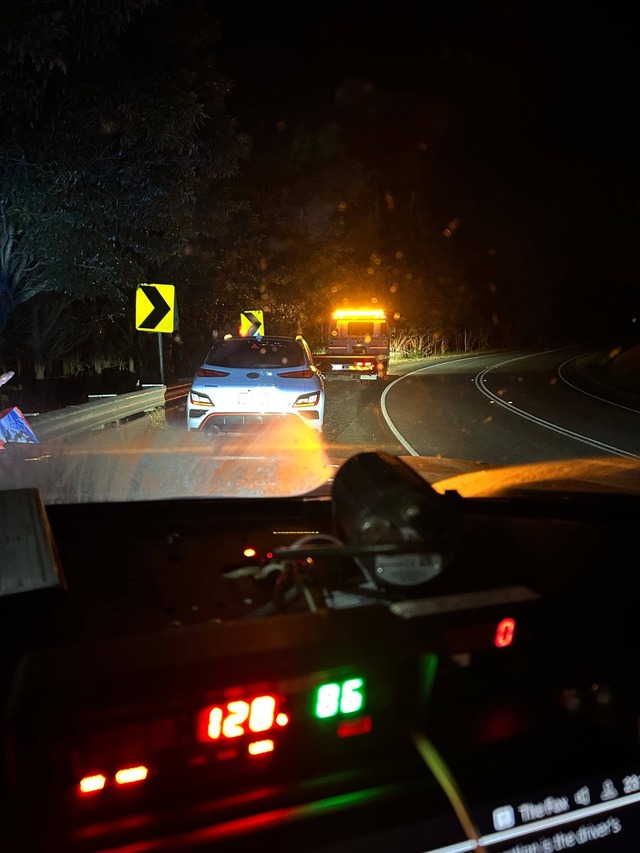By Cam Lucadou-Wells
Even critics say proposed mandatory sentencing for aggravated car jackers and home invaders will play out favourably in the electorate.
As part of the State Government’s new $115 million law-and-order policy, community corrections orders will no longer be handed down for those offences.
The offences will only be punished by jail or a drug treatment order.
“We’re further restricting the use of Community Corrections Orders to make sure that people who commit the most serious violent crimes get jail time,” Police Minister Lisa Neville said.
Less serious forms of car jacking and home invasion will also be punishable by only jail or a drug treatment order unless there are “special reasons”.
The special reasons include offenders with acquired brain injuries and intellectual disability. But drug-induced impairment is not included in the exemptions.
The Government has been steadily building a tougher law-and-order regime. At the same time, after years of rising crime, the official rate in Casey has dropped by 13 per cent in 2017.
But the raw numbers in the region are still alarming.
There were 1834 reported burglaries and break-ins, more than 6900 thefts and 2315 assaults for the year in Casey.
Opposition attorney-general John Pesutto said the changes were a step in the right direction, but a “half-hearted” attempt to tackle soft-sentencing of violent criminals.
“The changes don’t go nearly far enough because they won’t stop soft sentences being handed down.
“Victorians don’t just want to see mandatory sentencing, they want to see mandatory minimum sentencing.”
Berwick mother ‘Anne’, a victim-of-crime featured by Star News in July, says she supported mandatory jail terms but didn’t trust courts to follow through.
She hoped the “overdue” change would prevent others suffering like her daughter ‘Beth’ who was viciously stabbed and beaten unconscious by a man in her home.
The crime “robbed” Beth, lumbering her with a significant brain injury and permanently maimed.
A decade on, her condition has deteriorated to the point that she’s confined to a wheelchair.
“There’s so much crime happening out there … something has to change,” Anne said.
Victorian Sentencing Advisory Council chairman Arie Freiberg conceded the community felt reassured by mandatory sentences.
“There’s a perception out there that judges are lenient on crime, that if judges were more willing to be tough then the community will be safer.
“There’s not much evidence supporting that.”
Professor Freiberg said removing community correction orders took away options for judges to consider individual circumstances.
Mandatory jail gave the community a “short reprieve” from the offender, he said.
But it would probably not deter young offenders with short-term motivation and not much long-term planning.
It would be unlikely to sway those influenced by gang and peer group pressure, or by drugs and alcohol, he argued.
They don’t think they will be caught, nor of the consequences of being caught, Prof Freiberg said.
Casey Crime Page administrator Aaron Grant said stricter jail use should apply for those crimes but there should be still room for judicial discretion.
“I do believe some offenders are better handled in the community, where they’re not learning worse habits from those already in jail.”

















